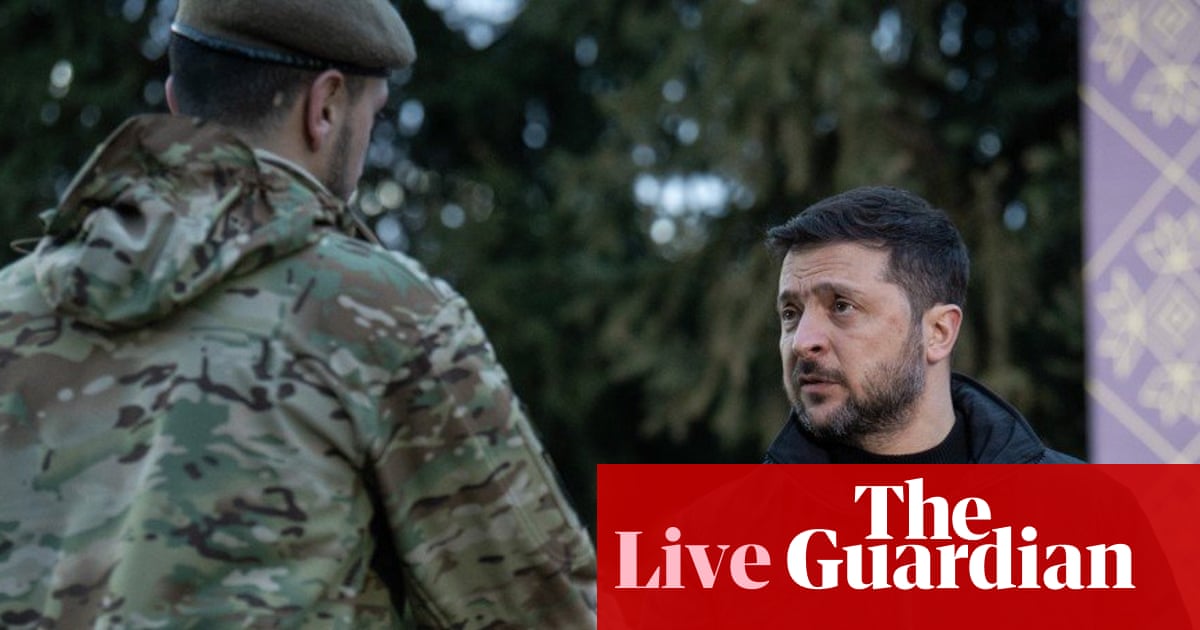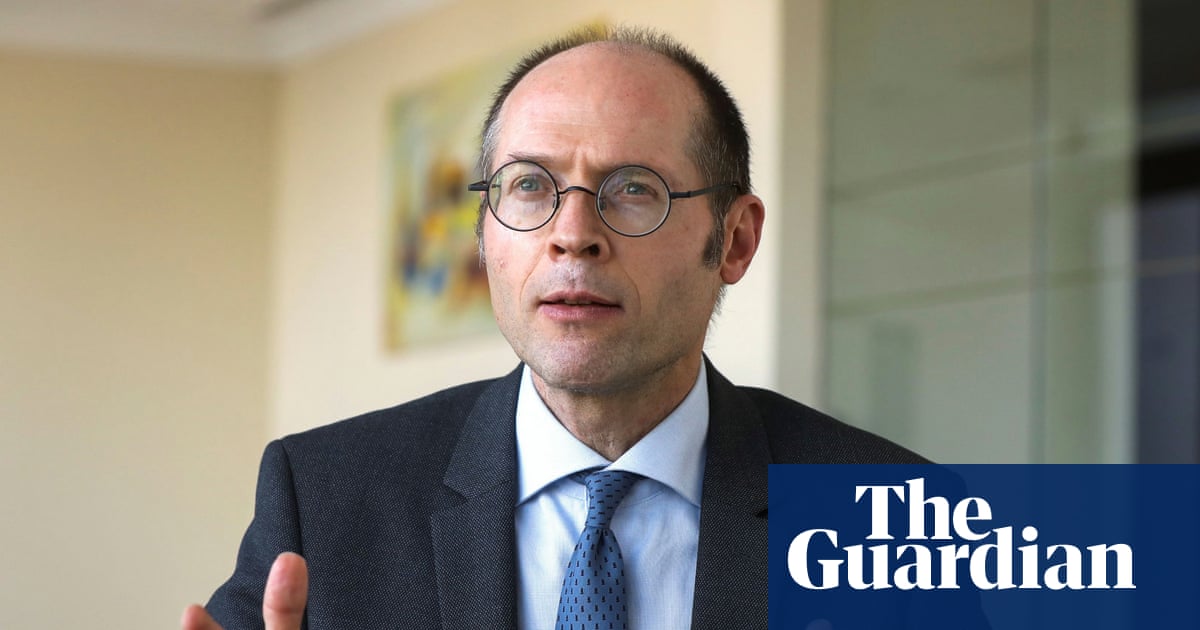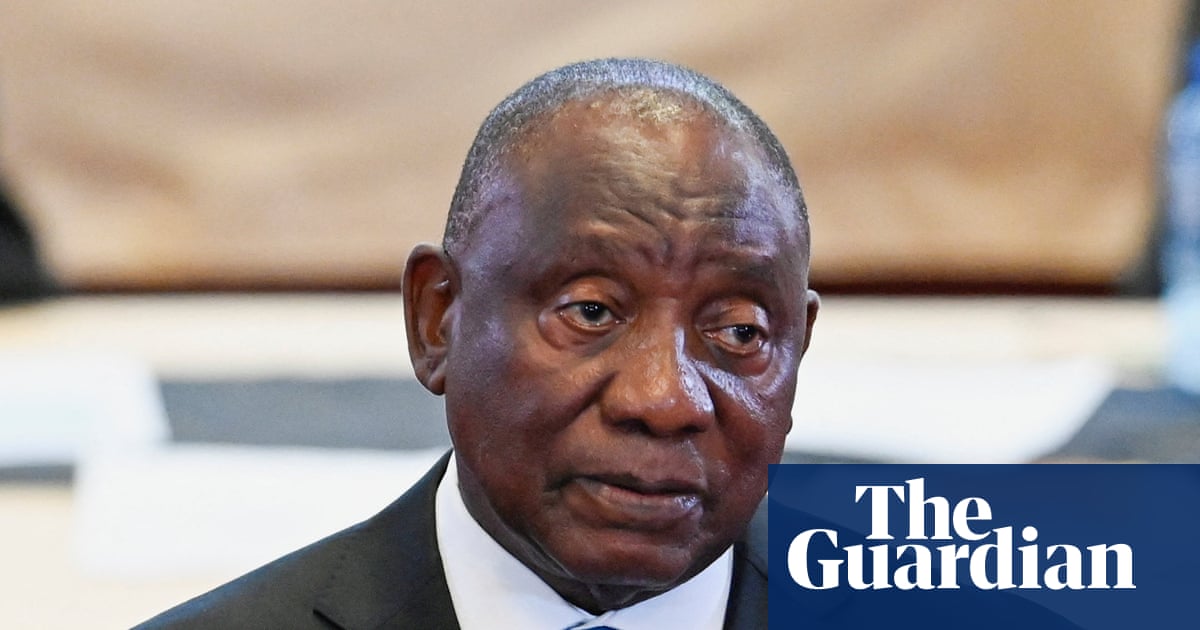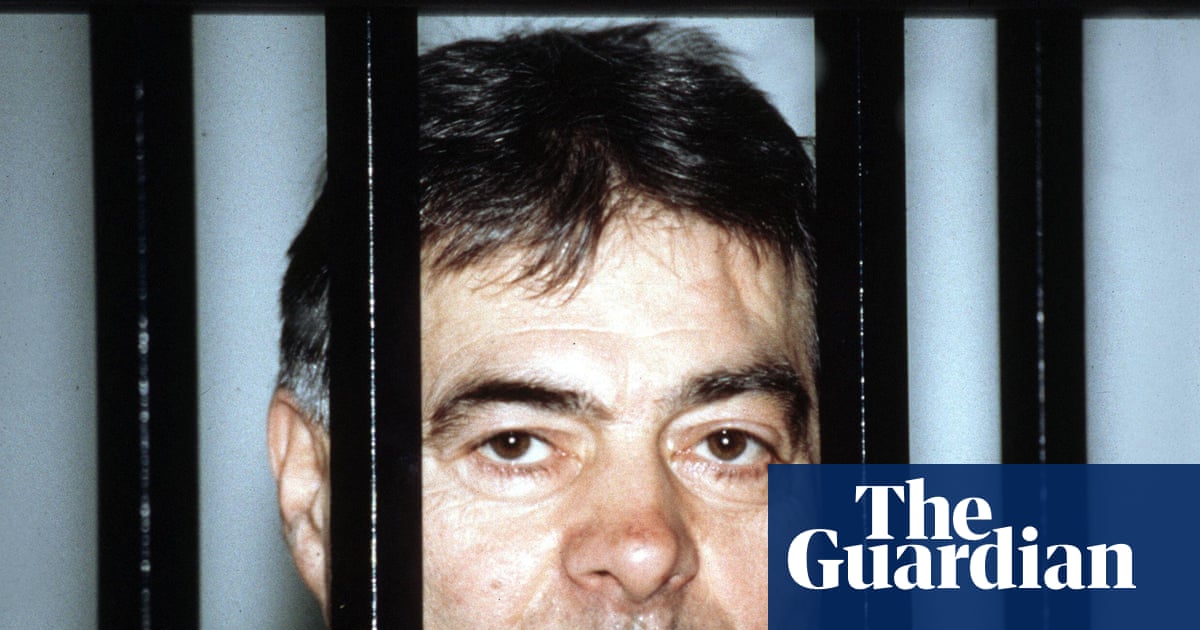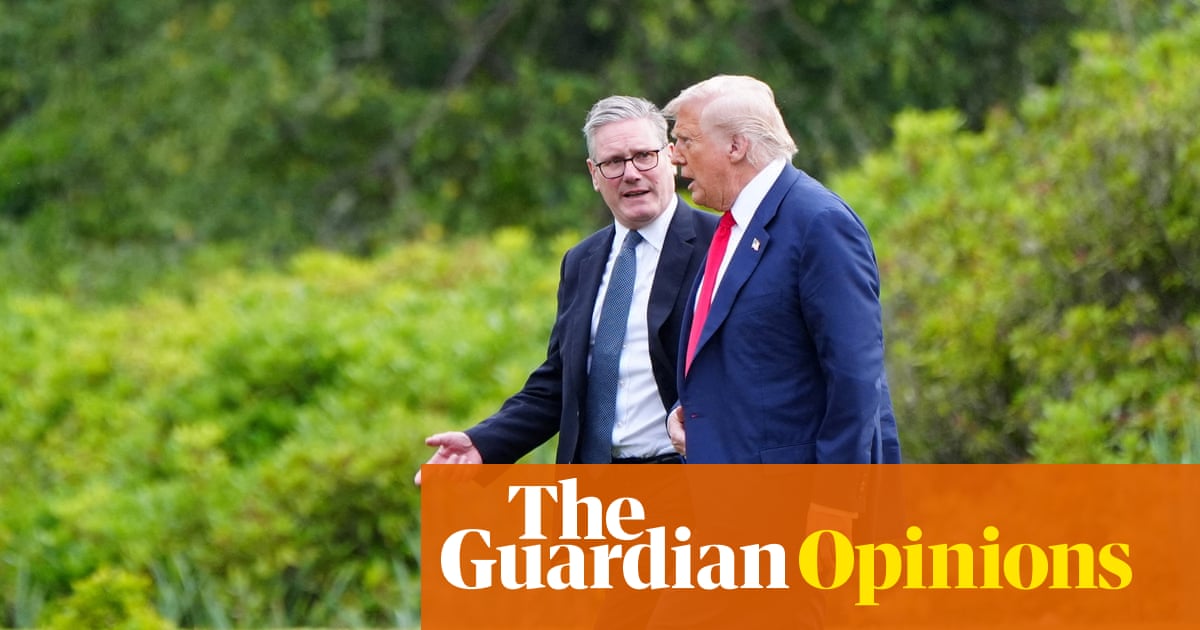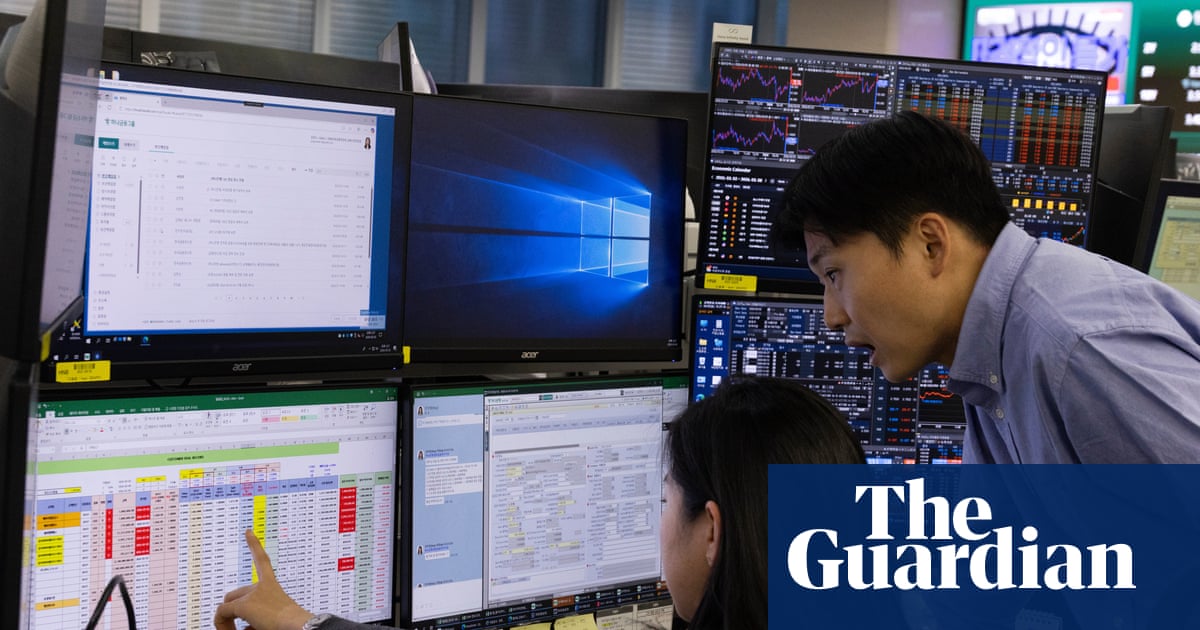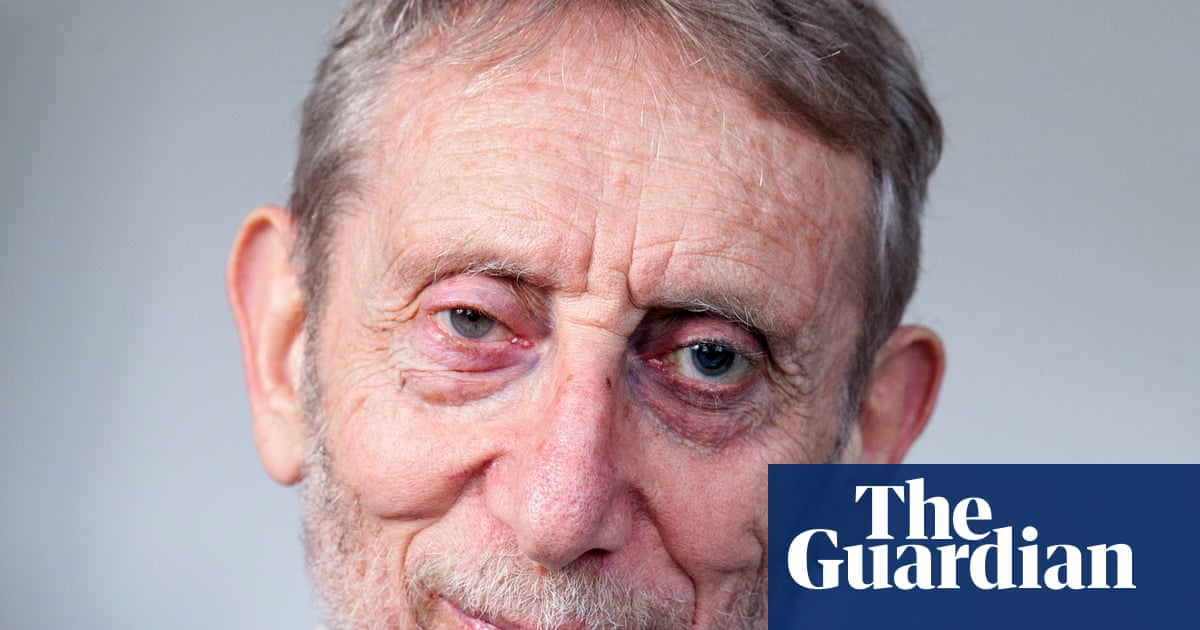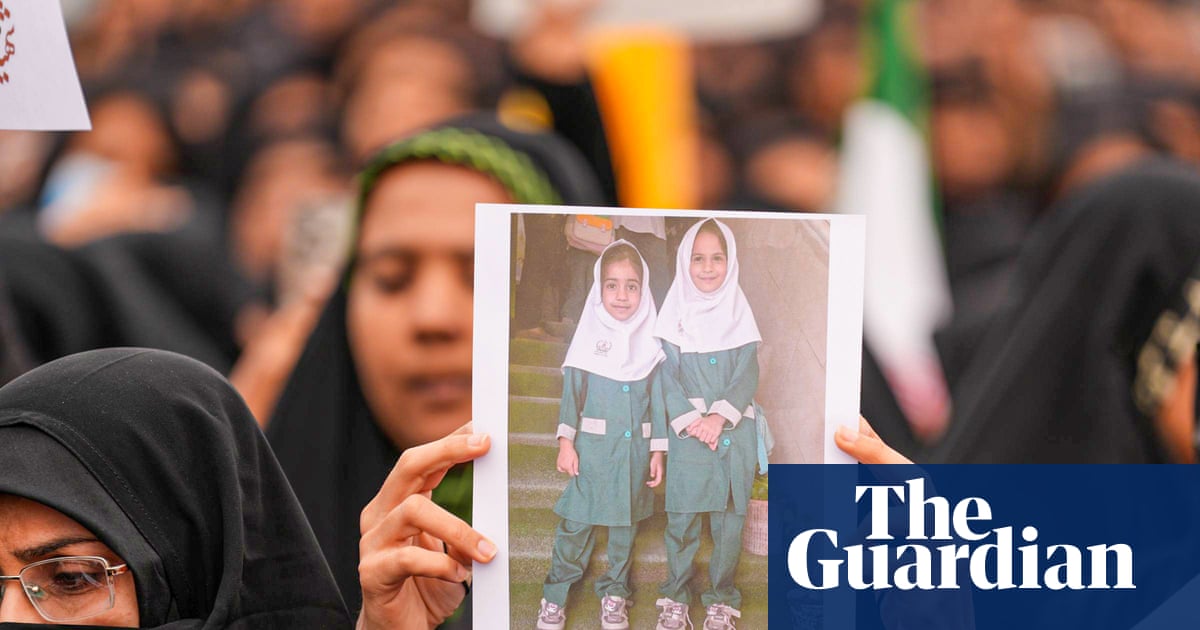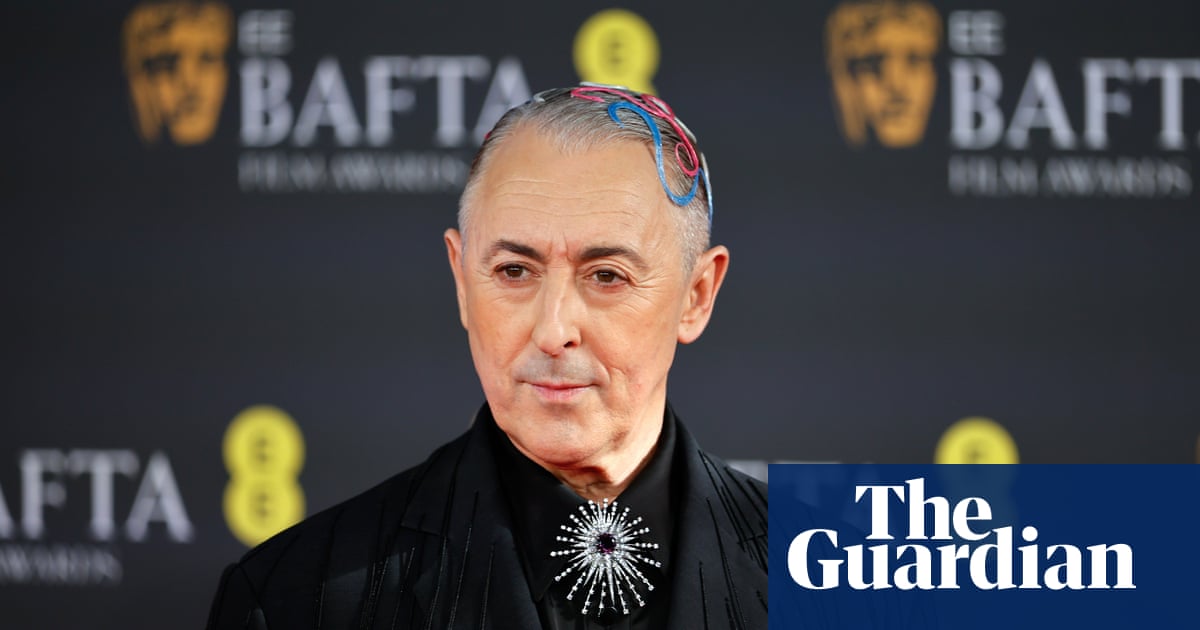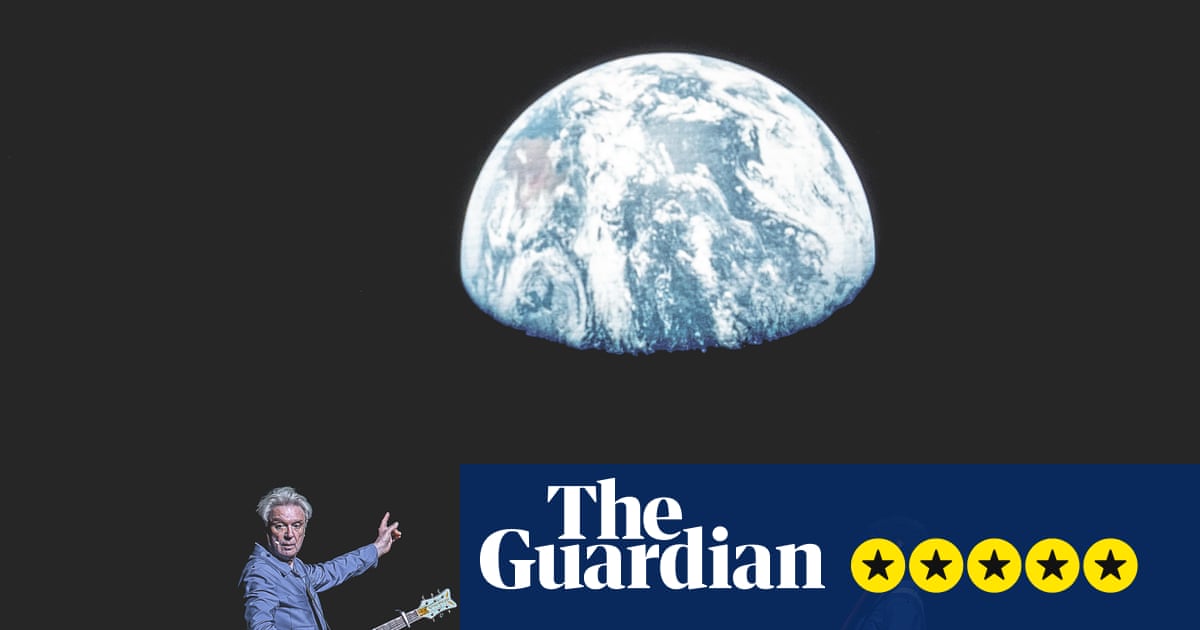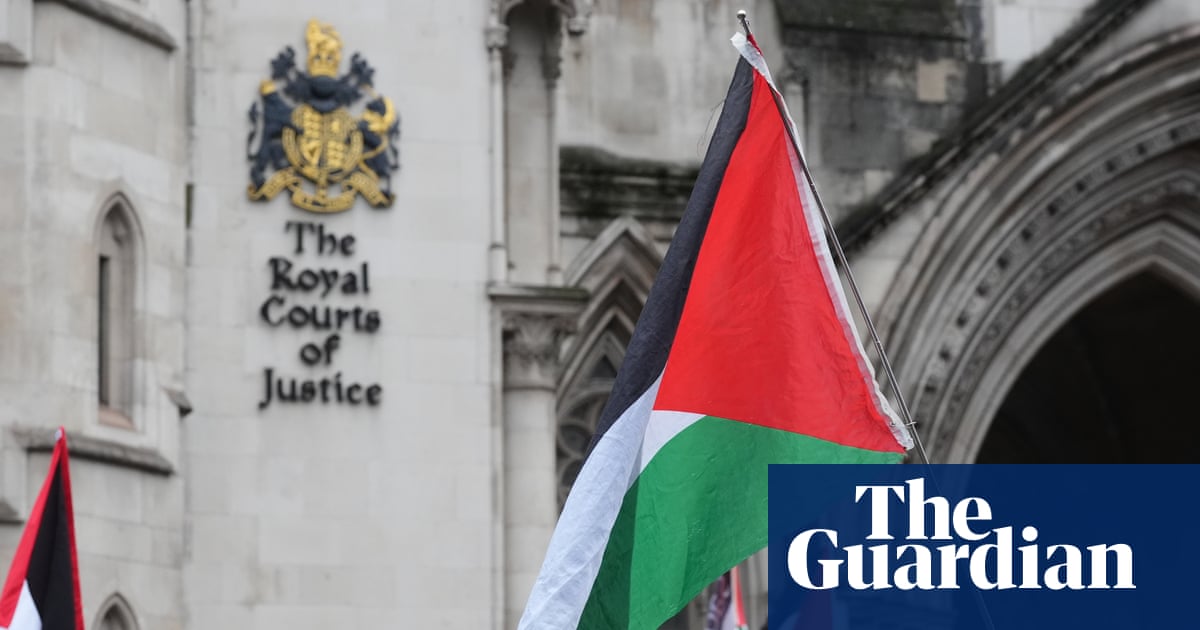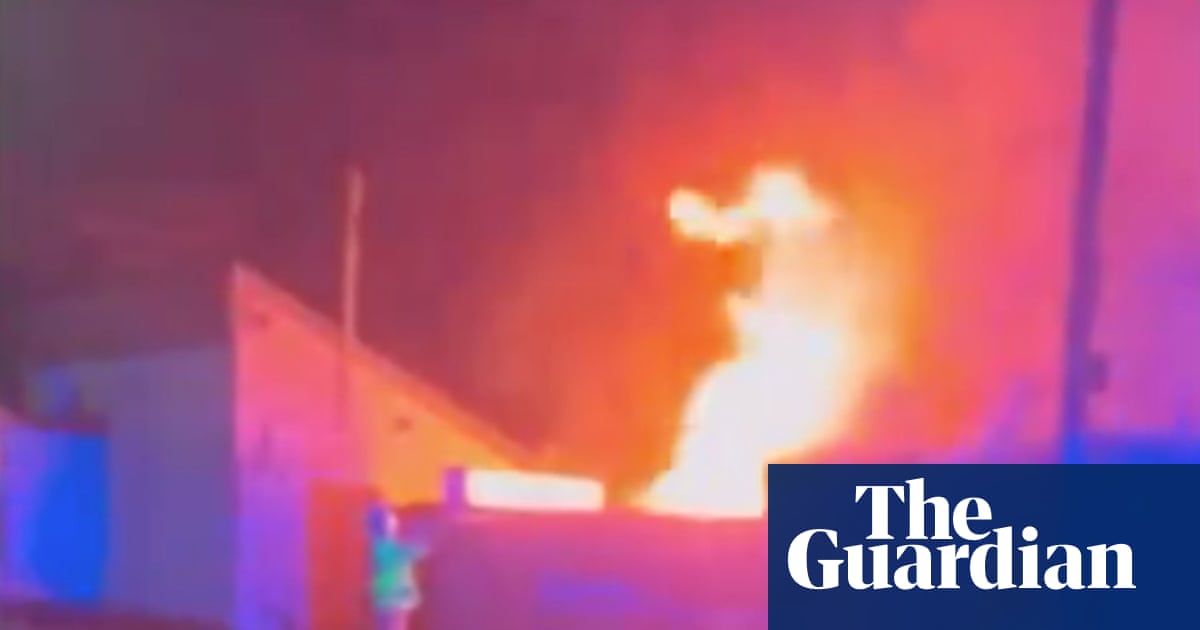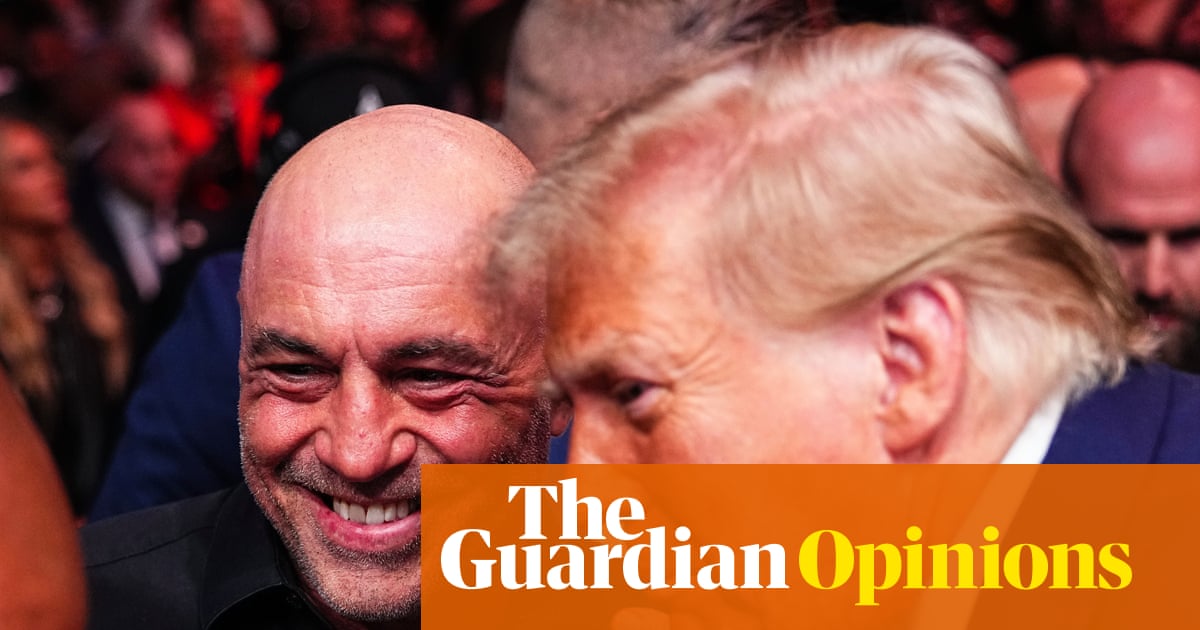Tackling the climate emergency is one of the key issues that could turn the tide against hard-right populists across the world, the UK’s energy secretary has said.
Speaking on the eve of the UN’s climate summit, Ed Miliband said it was the cause progressives could rally around, because most people recognise populist parties have got it wrong.
“We’re not going to give up and the progress that we’ve already made should give us heart,” he said. “Giving up would be a total betrayal. Defeatism never took a single of a fraction of a degree of global warming. It never created a single job. It never did anything.”
Miliband spoke as world leaders have been meeting in Belém, Brazil, before the crucial Cop30 conference begins on Monday, at which governments of every stripe will attempt to forge a pathway that limits global temperatures and avoids the ravages of climate breakdown.
The UN secretary general, António Guterres, struck a note of desperation when he warned this week that efforts to limit heating to 1.5C above preindustrial levels – the goal of the Paris climate agreement, and the last safe point, according to scientists – had failed.
“We’ve got to be the bearers of hope,” Miliband said. “We can fight back. Climate is a strength [in the battle against hard-right populism] not a weakness. We’re about giving a better future for people’s kids and grandkids.”
He warned that populists wanted people to slip into gloom and defeatism over the prospects of climate breakdown. Progressives must make the climate their core rallying cry, as most people around the world want climate action, he said.
Miliband’s words also seemed aimed at some within his own party, who have sought in backroom briefings to play down the UK’s climate policies for fear of having them targeted by Reform. Some aides to Keir Starmer, the prime minister, sought to prevent him from going to Cop30.
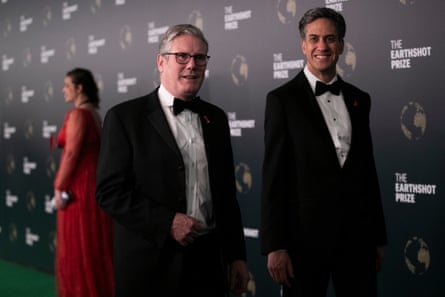
Miliband said: “People who want to shrink back from this argument and want to somehow soft pedal on this argument are just plain wrong. Nobody ever won an argument by soft pedalling or not making the argument.”
“Our agenda is a hopeful agenda. The agenda of our opponents is the agenda of despair, that nothing can be done and we’ve just got to accept the inevitable of climate breakdown,” he told the Guardian.
He said the world should not give up on limiting global heating to the crucial 1.5C threshold, as we could be on the verge of a rapid global shift to clean energy that will defy predictions of doom.
“I’m not giving up on 1.5C,” said Miliband. “I think actually we’re seeing some positive tipping points [that will trigger a rapid move to a low-carbon economy]. You’re seeing an absolute transformation in different parts of the world around solar power.”
Renewable energy now attracts double the global investment – more than $2tn – of fossil fuels, and large emitters of carbon such as China and India are moving rapidly to low-carbon energy in place of coal.
Downplaying the issue of climate breakdown would not work in the battle for voters by progressive parties against populists, in Miliband’s view. Rightwing parties were winning elections and topping polls because “people are deeply unhappy with the status quo”, he said. “And they’re not wrong.”
Miliband rejected the idea that large numbers of people in the UK, where the climate-denying Reform party is riding high in the polls, wanted a return to fossil fuels.
“It’s unbelievably patronising and wrong when Nigel Farage says ‘let’s bring back the coal mines’. Mine is an ex-mining constituency. People don’t ask to bring back the coal mines. People ask for the good jobs of the future, and that’s what we’ve got to do.”
In Belém, the pre-conference world leaders’ summit on Friday saw pleas for action from some of the world’s most vulnerable countries. Somalia’s deputy prime minister, Salah Ahmed Jama, made a powerful speech, saying his country was responsible for only 0.01% of greenhouse gas emissions, but was among the four nations most affected by drought, floods and other extreme weather disasters.
“For us, climate crisis is a reality. It is the mother who has to walk 10km to get water. It is the pastoralist who is losing his herds. It is the children who end up in a camp suffering hunger and disease.” He urged world leaders to find funds to support vulnerable nations, saying climate finance was their main hope now that governments were cutting overseas development aid.
Kenya’s deputy president, Kithure Kindiki, said: “Extreme drought alternating with floods continues to threaten livelihoods and wipe out the gains of our development agenda. As I am here, scores of people are being searched for after being buried under a landslide. Such incidents have become common.”
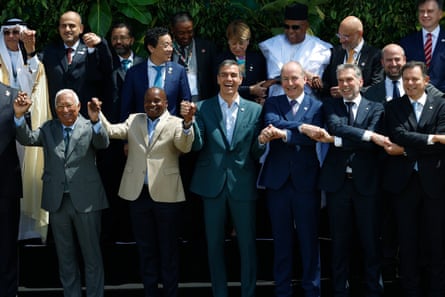
He said the lack of climate finance was an insult and an injustice to those suffering from the climate crisis. He also pointed out the positive story of the green energy revolution in Africa, noting that Kenya already gets 93% of its electricity from clean energy and was a vital source of critical minerals needed for wind turbines, solar panels and batteries. “We can help the world in its the transition to clean energy,” he said.
Lula da Silva, the president of host nation Brazil, said: “It took 28 climate Cops for us to commit, in Dubai, to a just, orderly and equitable energy transition. The Earth can no longer sustain the development model based on the intensive use of fossil fuels that has prevailed for the last 200 years.”
Although Lula leads a country that is among the top 10 oil and gas producers in the world, the president was sending a clear signal to his negotiators to keep the fossil fuel phaseout question alive at this conference, despite efforts by Saudi Arabia in pre-Cop talks to block it.
The pithiest reminder of the need for collective action came from Zimbabwe’s environment minister, Evelyn Ndlovu, who said: “The climate crisis is not a competition. There is no winner or loser. Either we all win or we all lose.”
The Cop30 negotiations will carry on for two weeks, discussing how to “transition away from fossil fuels”, protect global forests and raise the money needed to rescue poor countries from catastrophe. Key to success for the meeting will be plotting a future course towards holding down global temperatures as far as possible. Current national plans on emissions cuts from big countries would lead to temperature rises of 2.5C above preindustrial levels, which would spell devastation and extreme weather around the world.

 3 months ago
79
3 months ago
79
